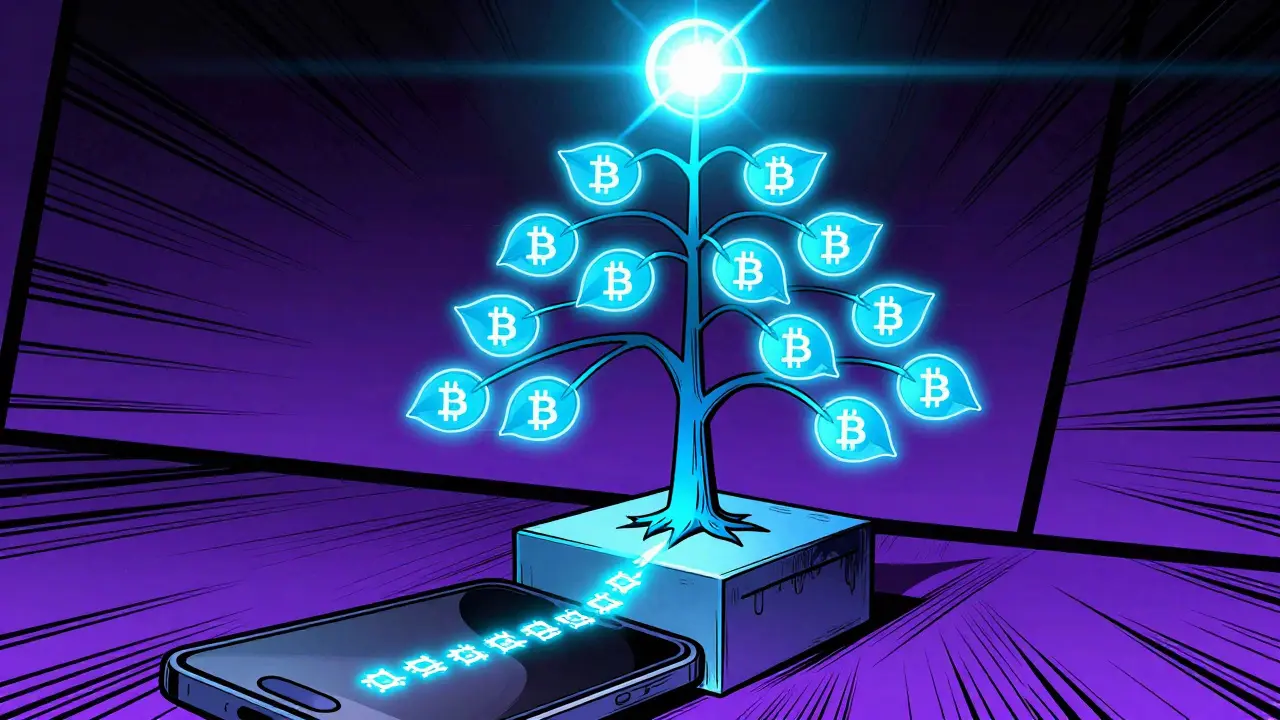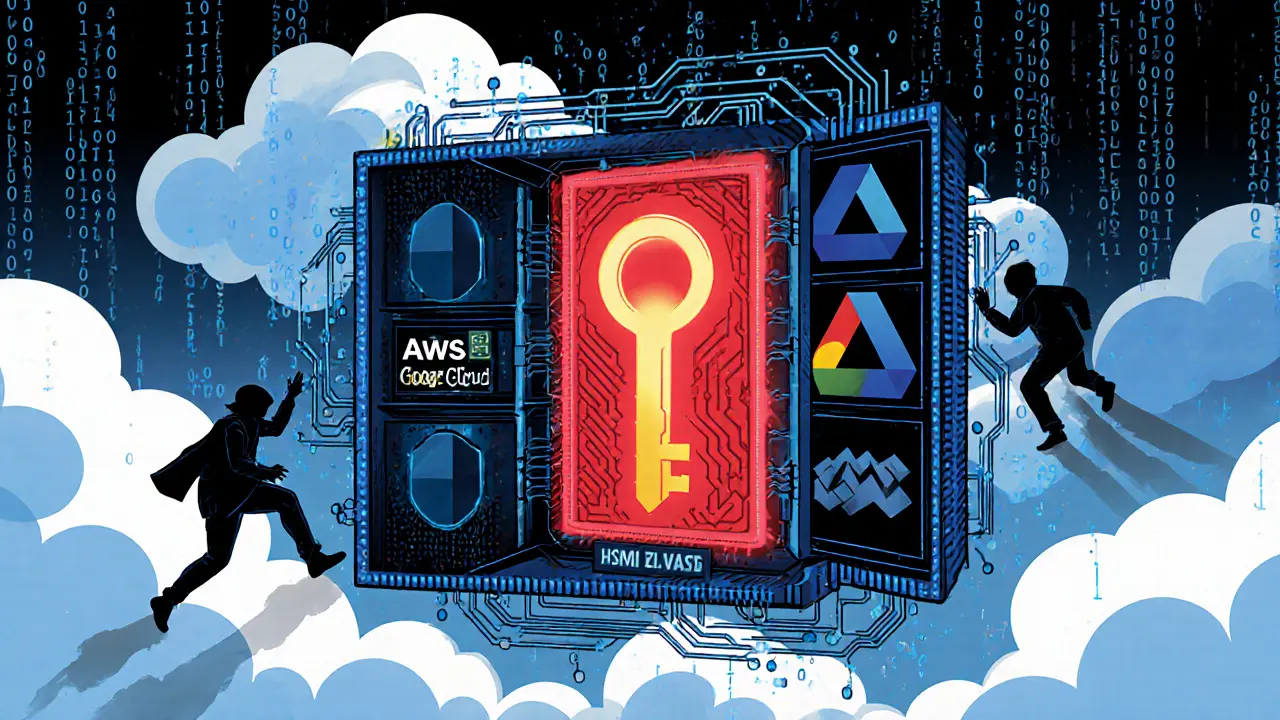Cryptocurrency Security: Protect Your Assets from Hacks, Scams, and Exploits
When you hold cryptocurrency security, the practices and technologies that protect digital assets from theft, fraud, and system failures. Also known as crypto safety, it's not just about keeping your password safe—it's about how your private keys are stored, who controls them, and whether the platforms you use can actually be trusted. Most people think security means a strong password. But in crypto, that’s like locking your front door while leaving your safe wide open.
HSM key management, hardware-based systems that generate, store, and manage cryptographic keys under strict physical and digital controls is what top exchanges like Coinbase and Kraken rely on to keep billions safe. These aren’t software files you can copy—they’re physical devices in secure vaults, often split across multiple locations. If a hacker breaks into one server, they still can’t touch the keys. Then there’s blockchain forensics, tools like Chainalysis and Elliptic that trace crypto transactions to identify fraud, money laundering, and stolen funds. Law enforcement uses these to track darknet market payments. Exchanges use them to flag risky wallets before they deposit. It’s not magic—it’s math, patterns, and data.
But the biggest threat isn’t always a sophisticated hack. It’s phishing scams, fake websites and messages designed to trick you into giving up your recovery phrase or signing a malicious transaction. One click on a fake airdrop page can empty your wallet in seconds. And it’s not just new users—experienced traders get fooled too. The ZOO Crypto World and KALA airdrop scams? They didn’t break into wallets. They tricked people into walking right in.
Even the networks themselves aren’t immune. The 51% attack, a scenario where a single entity controls more than half of a blockchain’s mining power and can reverse transactions has wiped out smaller coins like Ethereum Classic. Bitcoin? Never happened. Why? Because it’s too big, too expensive, and too watched. Security isn’t just tech—it’s scale, economics, and community.
What you’ll find here isn’t theory. These are real cases: how exchanges lost millions because they skipped HSMs, how scammers cloned popular sites to steal from Telegram groups, how a single misconfigured wallet led to a $40 million loss. You’ll see what actually works—like using cold storage with multisig—and what’s just noise, like meme coins promising "unhackable" wallets. This isn’t about fear. It’s about knowing where the real risks are so you don’t become the next headline.
Merkle trees enable fast, secure, and lightweight verification of cryptocurrency transactions without downloading the full blockchain. They save storage, speed up sync times, and make mobile wallets possible - all through cryptographic hashing.
Cloud HSMs are the industry standard for securing cryptocurrency private keys. Learn how they work, their costs, top providers, and why they're mandatory for exchanges handling over $1 million daily.


